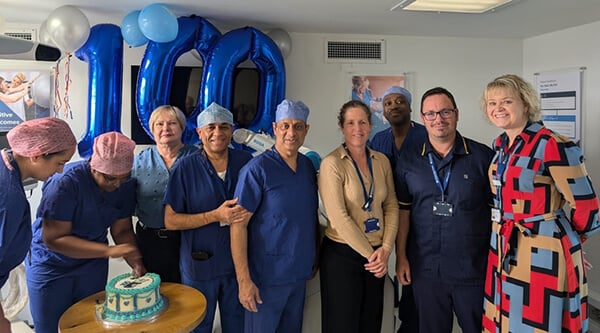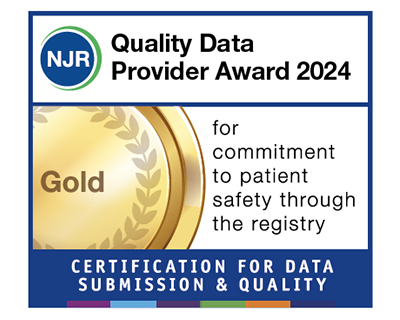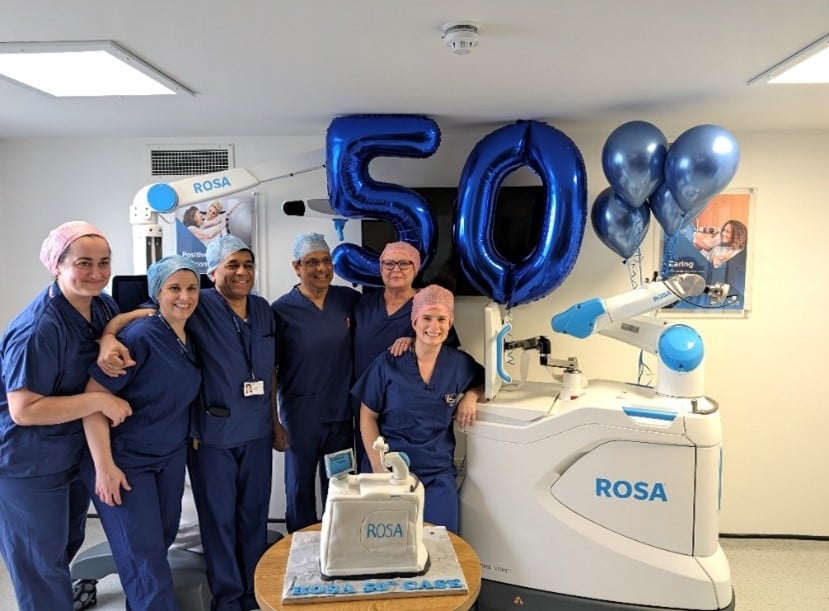Adenoidectomy (child) is an operation to remove small lumps of soft tissue at the back of your child’s nose, called adenoids. It is a short and safe procedure performed if your child’s adenoids are causing severe discomfort and interfering with their daily life.
At Ramsay Health Care UK, one of our highly experienced ENT surgeons can see your child without waiting. They will discuss your child’s medical history including any sleep problems or glue ear episodes, perform a physical exam that includes checking your child's ears, nose, and throat and offer any required tests such as an endoscope or X-ray.
If surgery is recommended, your child’s adenoid will be carefully and skilfully removed using the latest techniques so that they can recover and get back to their daily life quickly. Enlarged adenoids are a common problem in children and we frequently perform adenoidectomies.
All Ramsay hospitals operate strict protocols to minimise the risk of infection, including Covid-19 so you and your child can visit our hospitals safely.


